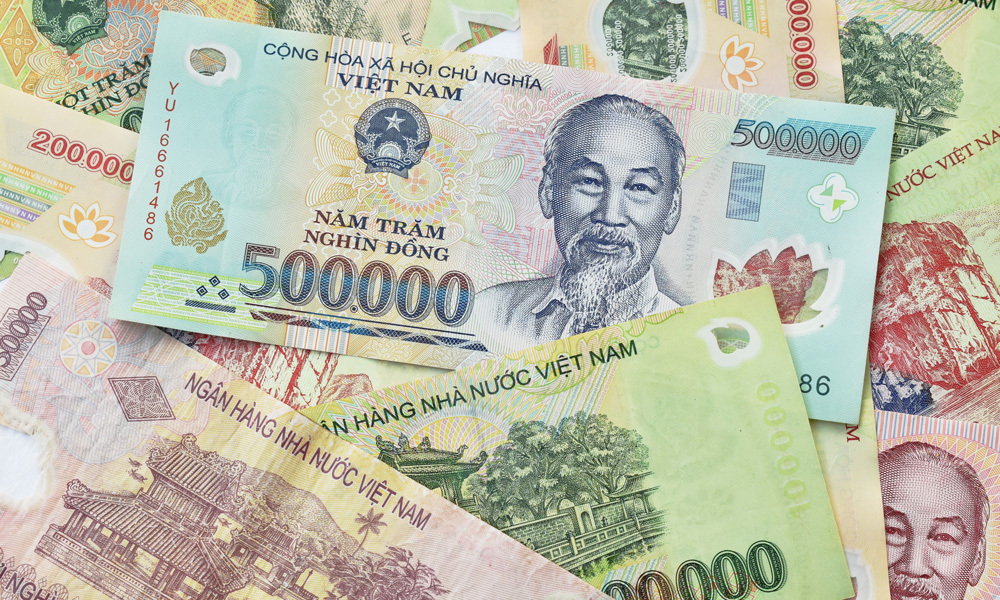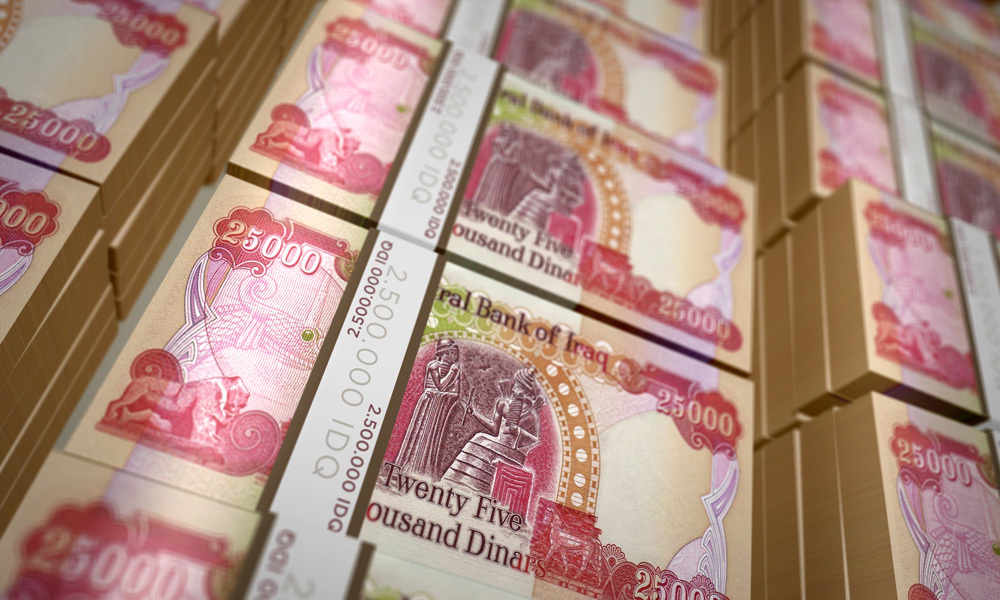As a coin collector myself, I could write a novel about why people should start coin collecting. But I’ll spare you the time and keep it simple. There are a few reason coins are the most popular thing to collect. They’re small, so they won’t take up much space. They can appreciate in value, so one day you might just strike it rich. And it can be an inexpensive hobby to start. That is, if you’re doing it right.
Coin collecting is also not a hobby that’s a “dead end”. What do I mean by that? You don’t need to collect coins forever if you don’t want to. Money is money. Coins will (almost) always be worth something, and they’re easy to sell.
Here are 5 ways not to break the bank when collecting coins.
Step #1 – Set A Budget
Let’s get the obvious step out of the way first. As with almost anything in life, you need to set a budget. Would you ever buy a car without knowing your max price? Would you ever go to the grocery store not knowing whether you’ll spend $20 or $200? The same goes for coin collecting. Set a reasonable weekly or monthly budget that won’t interfere with more important expenses. That way, you won’t end up like that guy who owns 100,000 unscratched lottery tickets simply because he got a little too into his hobby.
Step #2 – Start With The Right Coins
You’ve heard the saying – “You can’t build a house without the foundation.” The same goes for coins. You shouldn’t spend $100 on a coin if you’re just starting out. If you’re taking my advice, cover the basic coins first, and build your collection from there. Get some Kennedy Half Dollars, some Susan B. Anthony Dollars, and other coins you see from time to time. After that, buy the coins you rarely have a shot at getting as change. A mercury dime is a good example of this. After you get the simpler, less rare coins out of the way, then move on to the heavier hitters – like silver eagles, for example.
To put this into perspective, think about baseball cards. A collector wouldn’t buy a Babe Ruth card right when they start collecting. They’ll build their collection, so they really appreciate the Ruth card when the right time comes to buy it.
Step #3 – Check Your Pocket Change
ALWAYS check your pocket change. You can never be absolutely sure that a valuable coin won’t turn up in your change. You can also go to your local bank and buy rolls of coins. However, this is easier said than done. Banks will often make it difficult for you to buy a roll of coins. Try your hand at smaller banks, or be polite but firm that you need the rolls and it’s a fair request. It will always help to build a good relationship with a bank as well.
Step #3 – Buy Displays
Lets face it, a lot of people collect coins so they can show them off. Nobody is going to be interested in your coin collection if they have to wait while you dig through a shoe box, looking for a certain coin. It’s much more impressive if you have a coin folder or collecting book that will keep the coins in good condition, while perfecting that polished collection “look.” These things are cheap, too!
Step #5 – Become A Trader/Seller
Coin collectors are not in love with every single coin they own. It’s a fact. Maybe it’s the grade of the coin. Maybe it’s the value. Whatever it is, there’s no reason to hang on to a coin if it means nothing to you. Trade and sell coins so your overall collection doesn’t lose sentimental value as it gets larger.
Gary Dyner is the owner of Great American Coin Company. Connect with him on Google+.


